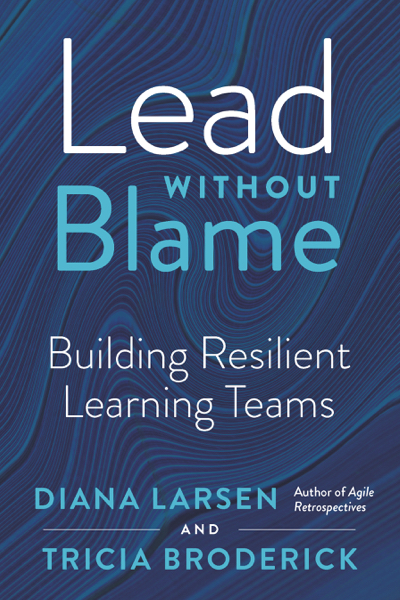I took the 3 day LeSS class with Bas Vodde. As I had read their latest book, my motivations for taking the course were to learn more of the “stories/reasons behind the practices/rules” and LeSS class reflections from one of the creators. As with most things I reflect, I’ll use lowlights and highlights format.
Lowlights:
- As with most classes/conference sessions, there is always a conflict between people attending that know very little about Agile and people wanting to go extremely deep. You can put all the pre-reqs you want down and chances are still you will be asked a very fundamental question. Unfortunately, this can set a tone on the depth of the material in the class.
- I’m not sure I gained a ton of new information from the course. Seriously, maybe 10% of the three days. Now I will make this disclaimer with this low light. First, I read the book before coming. So obviously, it would cover the LeSS framework. Second, I took numerous conference session on systems thinking and lean. Third, I’ve taken numerous conference sessions with Bas going back maybe 8 years. This means I had early insight into many of the aspects that became LeSS. I fully realize that these reasons made me an exception and not the norm for other attendees.
- The class ended with the material I wanted most…stories. So there wasn’t much time to dive into the deeper aspects of why it worked or didn’t work.
- I have incredibly high standards for keeping attendees engaged in a 1 day course, let alone 3 day course. So what might be totally fine percentage of lecture to exercise for most people, I struggled.
- LeSS Specific that I’m torn on:
- Org Structure. I get the reasons why to say: LeSS structure “at the start” is vital but the reality is that I didn’t have to adopt this structure to get similar results. Granted I wasn’t doing LeSS but turns out I was pretty close. I think this rule will be a barrier for many organizations to start. Maybe that’s ok for the creators. For me, if I think something will help, I hate for a rule to stop what might naturally occur after continuously retrospecting. Helping leaders get there is part of the process too.
Highlights:
- As mentioned above, I’ve been influenced by Bas’ work for years. It was really amazing to see how I had evolved and implemented those early concepts and how they evolved in LeSS. We labeled things differently but there were numerous concepts that we both arrived at after implementing the original concepts. In many ways, this helped me more then hearing Bas stories because I had my own.
- I was able to easily identify what step (or missing practice/element) that would have really helped in my last implementation. Kinda wishing I had read the earlier versions of LeSS while I was still practicing.
- I was able to easily understand how people who may start with SAFe evolve that framework to LeSS (removing overhead, etc). In many ways, the things I highlighted positive about SAFe – are what is in LeSS. I’ve already told a few people that are implementing SAFe to look at LeSS for ideas of how to continuously improve within their current framework.
- LeSS specifics that make me a fan:
- Emphasis on Systems and Lean Thinking
- An Overall Retrospective
- Team Based Organizations by Customer Value (Feature Teams) & Long-lived
- Extending “done” to true potentially shippable definition
- Focus on Engineering practices
- Communities for specializations
- Open Space
- Travellers
- Scouts
- Component Mentor
- Although I am not in alignment on term definitions, I am in support of the definition that for team’s owning responsibility (I call that Self-organizing, LeSS calls that Self-Managing).
- Managers as Teachers (what our Leadership course is about!)
- LeSS trainers; sure I took with with one of the creators. That said, I appreciate their stance on criteria to become a LeSS trainer (take this course with Bas or Craig, have experienced a LeSS implementation, etc). The second one is the one that really stands out for me. I’m sometimes shocked how many people train on something they have never done. This leaves me out of contention to explore training LeSS, which makes me sad as I do think that LeSS would help. I guess I could ask someone to visit an implementation but that’s still not experiencing one. Personally this is a little of a catch 22 for me…I wouldn’t feel comfortable coaching a LeSS adoption (being paid for something I haven’t experienced before) but I can’t get the experience…maybe shadowing someone?
In the end, I am in theory a supporter of LeSS. The questions that I have remaining will only be answered by seeing/experiencing an implementation. Hopefully that will happen sooner rather than later.
What are your thoughts on LeSS?




